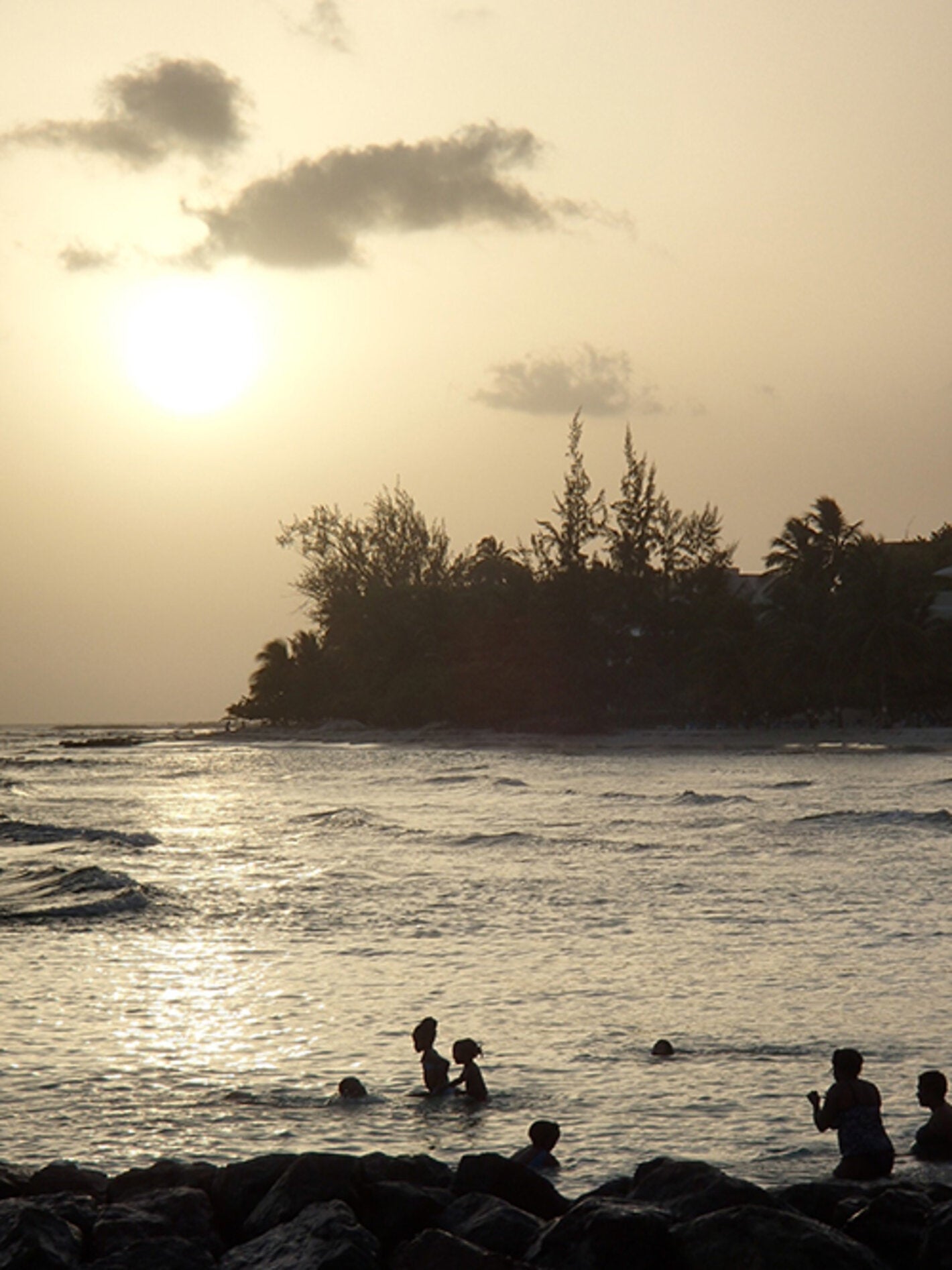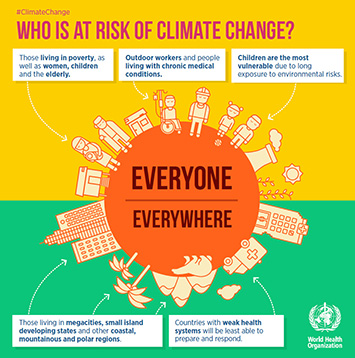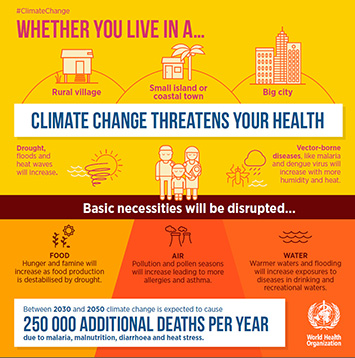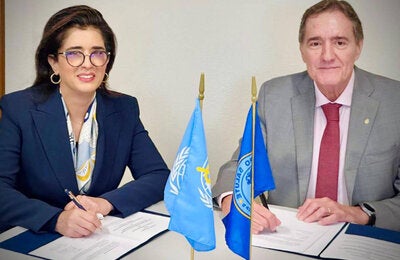
St. George's, Grenada. The SIDS Initiative has a vision that by 2030, all health systems in SIDS will be resilient to climate variability and change. PAHO, jointly with WHO, will convene the Caribbean meeting of the geographically dispersed III Global Conference on Health and Climate Change: Special Focus on Small Island Developing States (SIDS) in St. George's, Grenada, from 16-17 October 2018.
The conference will be attended by Ministers of Health, Ministers of Environment, partner agencies, and stakeholders from Caribbean SIDS, who will discuss and identify actions and indicators for an Action Plan on Health and Climate Change to be implemented in the Caribbean.
Similar meetings were held in Fiji, for the Western Pacific Region, and in Mauritius for the African and South-East Asian Regions, in March 2018.
The outputs of the three conferences will be the base for a Global Action Plan to be presented to the World Health Assembly in 2019.
The Conference is part of the WHO Initiative on Climate Change and Health in Small Island Developing States (SIDS). This initiative was launched by WHO, in collaboration with the Secretariat of the United Nations Framework Convention on Climate Change (UNFCCC), and the Fijian Presidency of COP-23, at the UNFCCC Conference of the Parties, in November 2017.
The SIDS Initiative has a vision that by 2030, all health systems in SIDS will be resilient to climate variability and change; but this must happen in parallel while countries around the world are reducing carbon emissions both to protect the most vulnerable from climate risks, and to gain the health co-benefits of mitigation policies.
Read more about the WHO Special Initiative on Climate Change and Health in SIDS.
Objectives
Empowerment - supporting health leadership in island countries to integrate health into national climate change planning and engage in international climate change negotiations;
Evidence - producing country profiles of climate change and health, describing vulnerabilities and adaptation options (e.g. morbidity and mortality attributed to unsafe water, unsafe sanitation and lack of hygiene, malnutrition, disasters);
Implementation - building climate-resilient health systems, including the strengthening of governance and policy, integration of climate early warning systems with health information systems, preventive and curative service delivery, and disaster-proof and smart health-care facilities; and
Resources - facilitating access to climate and health financing mechanisms such as the Green Climate Fund and the Global Environment Facility to support climate resilient health systems of island countries.
Presentations
- Action Plan on Health and Climate Change for Caribbean SIDS / Daniel Buss; 2018
- WHO special initiative on climate change and health in small developing states / Diarmid Campbell-Lendrum; 2018
- Public Health Adaptation and Mitigation to Climate Change - Hon. Nickolas Steele;2018
- Global Initiative on Climate Change and Health in Small Island Developing States - Joy St John; 2018
- Health Vulnerability and Adaptation Capacity - Ulric Trotz; 2018
- Caribbean perspectives of the impact of climate change on enviromental determinants of health - Hugh Sealy;2018
- Climate Services in support of decision-making in the health sector - Adrian Trotman; 2018
- Opportunities to access climate funds for climate resilient health systems - Jessica Jacob; 2018
- A Regional Strategic Action Plan (RSAP) for Governance and Climate Resilience in the Water Sector in the Caribbean - Adrian Cashman; 2018
- Climate Resilient Health Sector Case Study. Dominica - David Johnson; 2018
- Building Climate Resilient Health Systems - Rufus Ewing; 2018
Infographics
Related News
- Caribbean Ministers of Health meet to approve plan on health system resilience in the face of climate change
- Climate change and its impact on health on small island developing states






